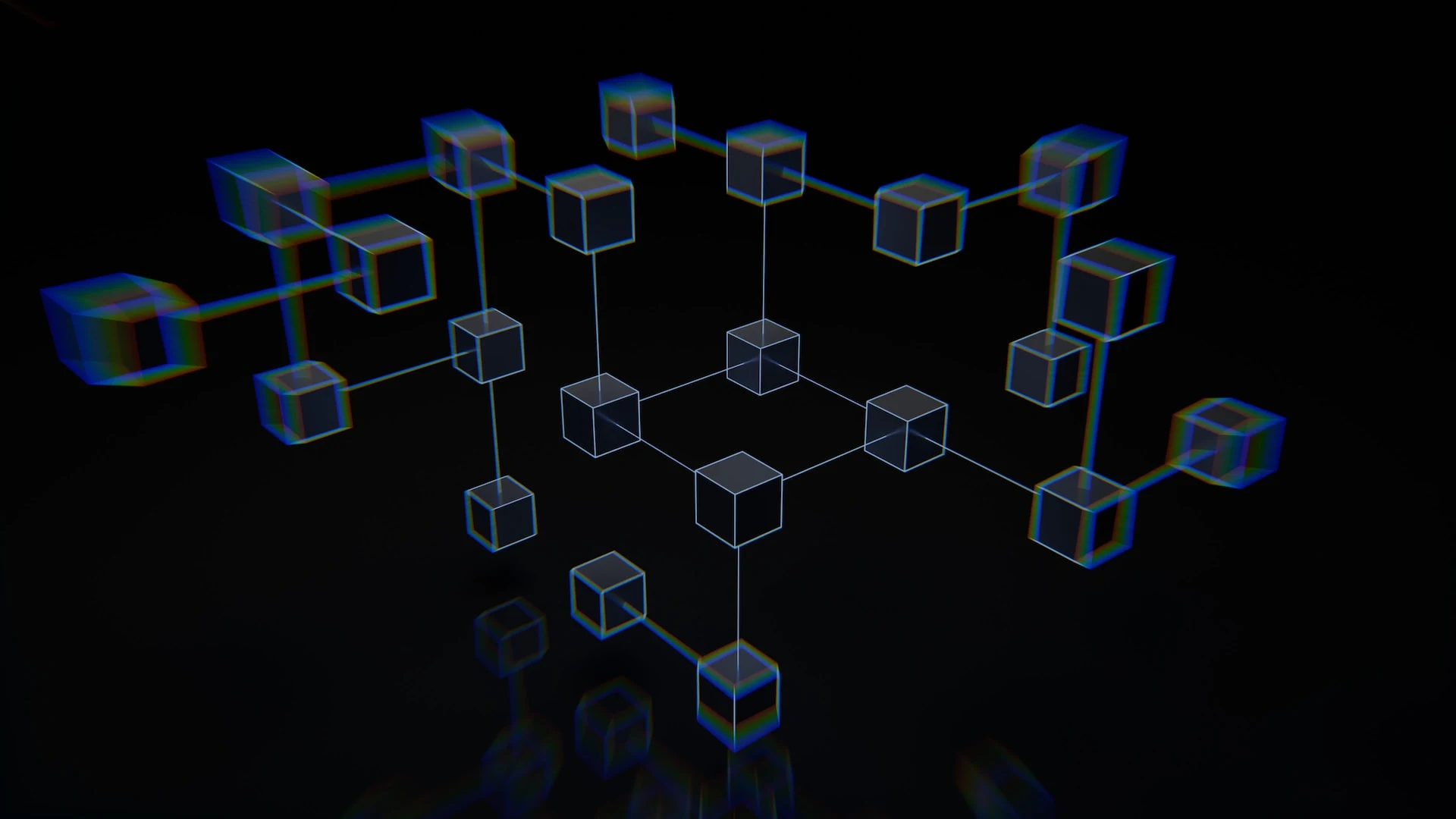The Future of Blockchain: Predictions for the Next Decade
Blockchain technology has made waves in a variety of industries, we will explore some predictions for the future of blockchain and consider the potential impact it brings.
Blockchain technology has taken the world by storm in recent years, disrupting industries and transforming the way we do business. But the truth is, we've only just scratched the surface of what's possible with this revolutionary technology. As we look towards the next decade, it's time to start thinking about the endless possibilities and ask ourselves: what does the future of blockchain hold?
In this article, we'll delve into the crystal ball and make some bold predictions for the future of blockchain. From the mainstream adoption of smart contracts to the emergence of decentralized finance, get ready to be blown away by the potential of this technology to change the world as we know it.
The future of blockchain technology is a topic of much speculation and debate. Blockchain technology has made a huge impact in a short amount of time, with applications ranging from cryptocurrency to supply chain management.
As we look towards the next decade, it's clear that blockchain is here to stay and will continue to evolve. While it is impossible to predict exactly what the next decade will bring, there are several key trends that are likely to shape the direction of blockchain in the coming years.
One major trend that is expected to continue is the increasing adoption of blockchain by businesses and organizations.
As more companies recognize the potential of blockchain it will likely be adopted by many industries because it can improve efficiency, transparency, and security. This could include the use of blockchain for supply chain management and financial transactions.
Decentralized finance (Defi)
Defi is an acronym for ”Decentralized finance”. It refers to the use of blockchain technology to create financial products and services that are not controlled by any central authority. This could include decentralized exchanges and lending platforms. Defi has the potential to change the way we access and use financial services.
Smart contracts
Smart contracts are self-executing contracts with terms of agreement between the buyer and seller written into lines of code. Smart contracts can make transactions faster, more secure, and more efficient by removing the need for intermediaries.
Identity verification
Another area where blockchain is expected to make a significant impact is in identity verification. Currently, verifying identities can be time-consuming, but blockchain technology has the potential to ease this process by creating a secure and decentralized system for verifying identity information. This could have an impact on online banking system.
Voting systems
Blockchain can be used for voting systems. The secure and transparent nature of blockchain could make it an ideal technology for conducting fair and secure elections.
One thing is certain, the next decade will bring exciting developments in the world of blockchain. It will be interesting to see how this technology continues to shape industries across the globe.
As with any emerging technology, there are challenges and obstacles that arise as blockchain continues to evolve. One potential issue is the issue of scalability, due to some blockchain platforms that struggle to handle the high volume of transactions. There is also the question of regulation, as governments around the world want to see how best to regulate the use of blockchain technology.
Conclusion
Despite these challenges, it is clear that blockchain technology has the potential to transform the way we conduct business and interact with each other.
As we move into the next decade, it will be interesting to see how these trends and developments play out, and what new and exciting applications of blockchain technology will emerge. So, it is safe to say that the future of blockchain looks bright and promising.
